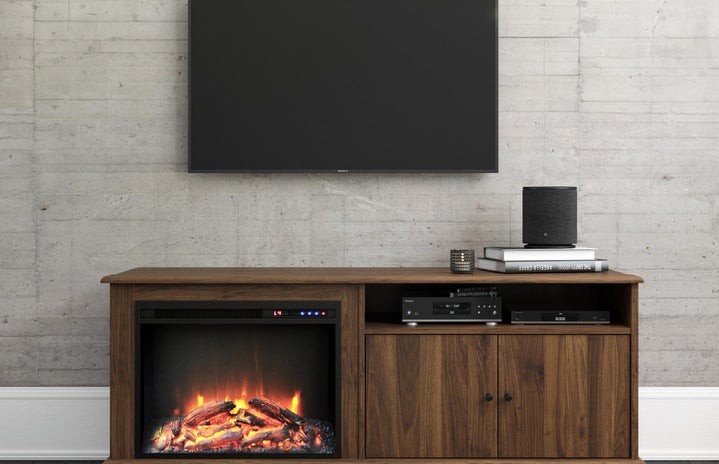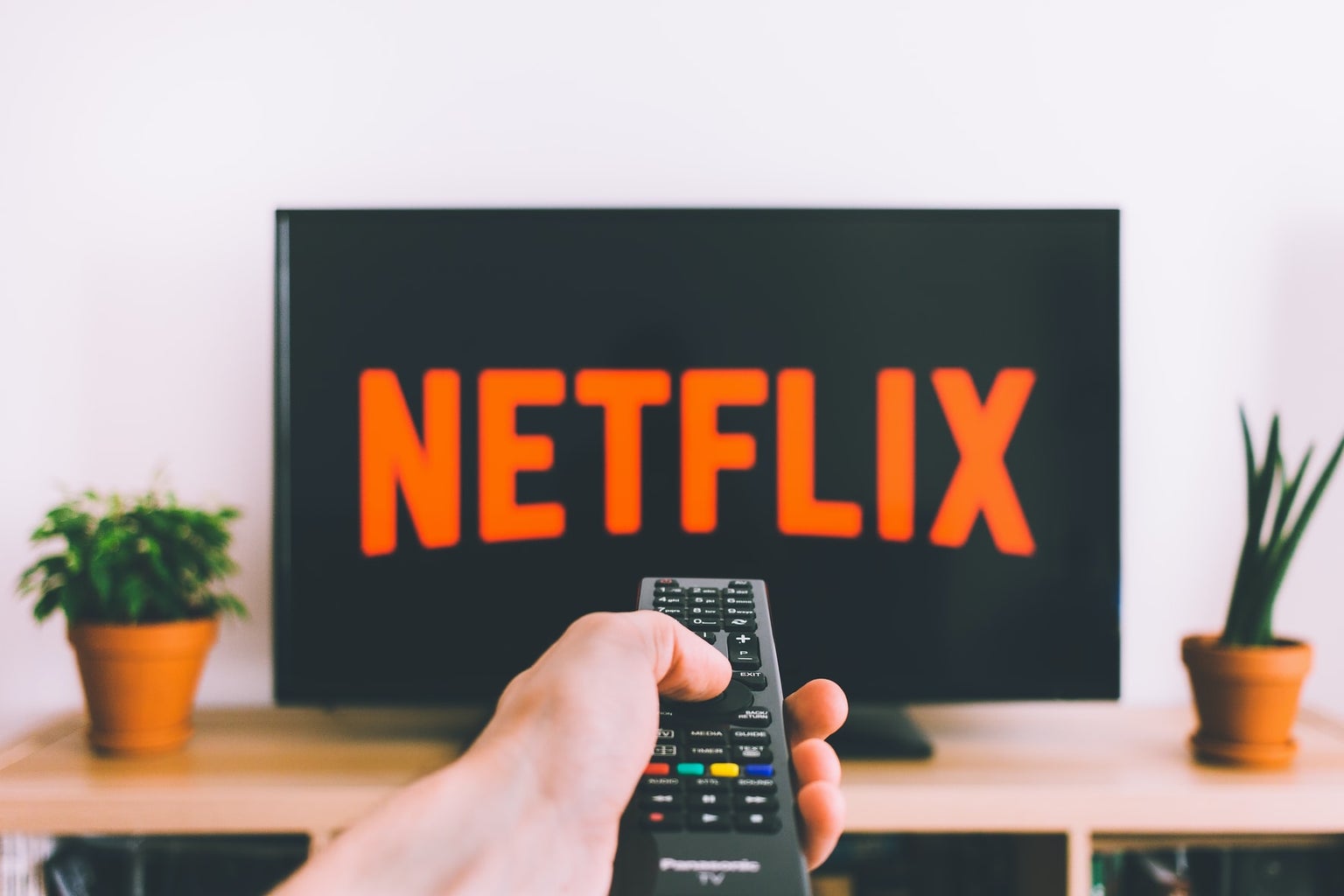There was a time when sitcoms ruled the world—or at least, our TV screens. Sitcoms once defined TV’s golden age, providing a lighthearted escape with relatable characters and laugh tracks that became ingrained in pop culture. From Friends to The Office to Parks and Recreation, these shows weren’t just entertainment but cultural landmarks that were integral to the zeitgeist. Whether it was Ross yelling “We were on a break!” or Barney Stinson’s “Suit up!,” sitcoms were part of the pop culture DNA for decades.
So, what happened? Why are our TV nights now filled with Succession’s gripping family drama instead of 20-minute romps with laugh tracks? More importantly—will the sitcom ever make a comeback?
Shifting Audience Preferences: From Punchlines to Plot Twists
A big reason for the sitcom slump is that we, the audience, have changed. Once upon a time, weekly episodes were the highlight of our nights. Now, we binge. Streaming platforms like Netflix, HBO Max, and Hulu have turned us into marathon viewers, devouring entire seasons in one sitting. And what do we binge? Gripping dramas like Stranger Things and The Witcher—shows that keep us glued to the couch with continuous plotlines and cliffhangers.
Sitcoms, by design, thrive on standalone episodes. You can drop in at any point, laugh, and move on. But in the age of binge-watching, audiences seem to crave complex story arcs and characters that evolve. As viewers, we’ve become accustomed to deeper narratives, making it harder for the episodic nature of sitcoms to hold our attention. Netflix tried to revive the format with sitcoms like Unbreakable Kimmy Schmidt and Fuller House, but they failed to capture the same magic as network sitcoms of the past.
Formula Fatigue: Why the Laugh Track Isn’t Funny Anymore
Undeniably, sitcoms have a formula. All you really need is a group of friends or family, a laugh track, and a couple of witty one-liners. For decades, this was a comforting and reliable formula. But too much of a good thing is…well a bad thing. Fatigue of the same comedic tropes kicked in for shows like How I Met Your Mother and The Big Bang Theory, which grew into formulaic patterns. All the jokes had been made before, and the laugh track would start to be obnoxious rather than charming.
And though attempts to innovate were welcomed and loved, such as The Office’s mockumentary format or Arrested Development’s layered storytelling, most sitcoms followed the same blueprint. This contributed to their eventual over-saturation. So the issue isn’t that we stopped loving sitcoms—we just grew tired of seeing the same characters and scenarios on repeat. The sitcom charm wore thin, and audiences began seeking fresher, more innovative content.
The Rise of Dark Comedy: Finding Humor in the Bleak
As the sitcom formula faded, something else started to rise: dark comedies and niche humor. Shows like BoJack Horseman, Rick and Morty, and Fleabag—one of my personal favorites—bring humor with a side of existential dread. These shows reflect real-world anxieties, addressing topics like depression, loneliness, and addiction, all wrapped in sharp, often cynical wit. And they’re loved by the audience.
This shift in the type of comedy we consume is directly linked to the current social climate, laugh tracks, and comedic gags are somewhat dated; today’s viewers seem to prefer humor that hits closer to home, even if it’s uncomfortable. Modern social and political issues, like mental health awareness and societal pressures, have made darker, more complex themes resonate with us. It’s not that we don’t want to laugh anymore; we just need something with a little more depth to keep us engaged. Dark comedy, through its absurdity, mirrors our increasingly complicated reality and allows for deeper emotional connection than the lighthearted escape sitcoms once offered.
What’s Next for Comedy TV? Is the Sitcom Dead?
So, does this mean the sitcom is gone for good? Not necessarily. Recent shows like Ted Lasso and Abbott Elementary prove there’s still hope for comedy TV. These shows successfully blend humor with serialized storytelling, giving us the best of both worlds. They are full of humor, but also take the time to develop characters with emotional depth, making them feel both fresh and familiar. Maybe the sitcom isn’t dead but evolving. The future might lie in creating comedies that still make us laugh but also make us feel—where humor doesn’t come at the expense of substance, and characters are still given the chance to have meaningful arcs.
In Conclusion: The Laugh Track May Be Fading, But the Humor Isn’t Gone
The era of sitcom dominance is undoubtedly over, but that doesn’t mean they’re gone for good. As our world continues to change, so will the way we laugh at it. The influence of shows like Friends and The Office can still be felt today, and who knows—maybe the next evolution of the sitcom is just around the corner, ready to win us over again!



